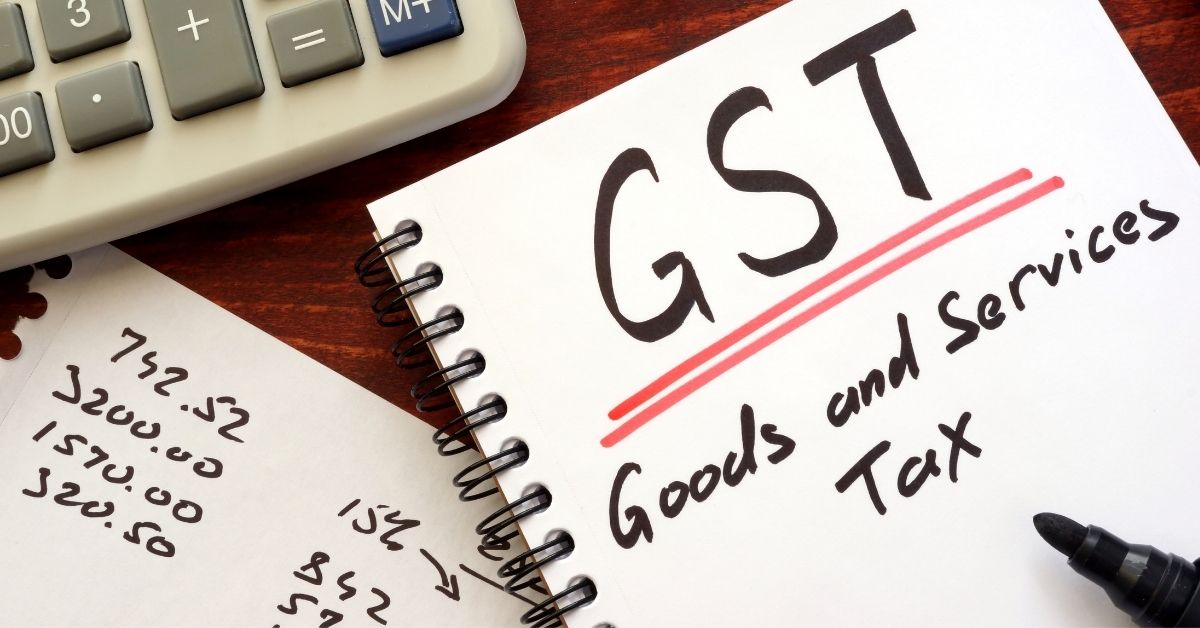What is GST?
GST represents Goods and services tax is the greatest tax change in the period of the Indian indirect tax collection industry which will subsume different duties like VAT, CST, Service charge, extract obligation, extra extract obligation, Luxury tax, amusement charge, and some more. GST demand on Pharmaceutical items can run between various duty rates like Nil, 5%, 12%, and 18%. GST on meds has left the costs of a similar unaffected when contrasted with the past system. This article covers all the detailed information of the GST on the Pharma Franchise Company in India.
Impact of GST on India’s PCD Pharma Company
GST has a constructive impact on India’s PCD Pharma Company as it has likewise increased the manufacturing cost. Some of the major impacts of GST on the Pharmaceutical industry are as below:
Reduction in the overall cost of technology
Under the past system, the medical services area’s apparatus was expensive. Likewise, the obligation charged on the equivalent was not permitted as a tax reduction. In any case, under GST, the IGST part will be permitted as a tax break.
Improvisation of operational efficiency
Already, the drug business pulled in eight unique sorts of taxes. Be that as it may, GST has combined every one of these charges into one, accordingly eliminating the falling effect of many duties. GST will likewise justify the inventory network, along these lines working on functional productivity.
Reduction in transaction cost
GST has subsumed CST (Central Sales Tax). This has prompted a decrease in exchange cost, which has prompted a decrease in overall manufacturing cost.
Applicability of GST on Pharmaceuticals
After the execution of GST on drugs and clinical supplies in India, there are 4 assessment rates chose to be applied on the equivalent for example 5%, 12, and 18%. Nil applies presently to human blood and its subsidiaries just as a wide range of contraceptives. The most elevated GST rate pertinent to meds is 18%. It applies to items containing Nicotine Polacrilex, nicotine gum.
The least GST pace of 5% applies to drug items assigned as “life-saving medications” including oral rehydration salts, antibodies just as prescriptions that are utilized in the treatment of diabetes, HIV-AIDS, Malaria, and so forth. There are no drug items highlighted in the most elevated 28% GST rate. GST applies to both sales of medicines as well as medical services provided by medical practitioners. Here is the list of GST applications on PCD Pharma products and services, let’s take a look:
GST on Medical administrations
Wellbeing administrations (people and veterinary) given by a clinical professional, authorized clinical or paramedical center are charged at a nil rate.
GST on hospitalization
All prescriptions and clinical supplies utilized at the hour of hospitalization of any individual are charged at nil rates under GST.
Offer of meds
Offer of meds draws in GST at four diverse duty rates – Nil, 5%, 12%, and 18%. The GST rates with HSN code on different drug items are delineated exhaustively in the subjects underneath.
GST on lapsed medications
On the off chance that medications arrive at the expiry date without being sold, the equivalent is gotten back to the maker through the inventory network. Here, the retailer/distributor can select any of the two choices underneath:
Regarding the returned merchandise as new inventory
For this situation, the distributor will obliterate the terminated products, and the arrival of lapsed merchandise will be recorded as buys by the distributor. ITC profited on such merchandise will be switched by the producer because no ITC will be accessible on such products as they are at last obliterated.
Issue of a credit note for brought products back
The provider can change the assessment responsibility just if ITC has not been benefited from the individual returning the lapsed prescriptions. On the off chance that ITC has profited, a similar should be turned around.
What is the value of supply to compute GST on medicines?
According to GST, the transaction value is the worth of supply. Taxation is the value paid or payable for the stock of labor and products or both, where the provider and the beneficiary are not related gatherings, and the cost is the sole thought for the inventory.
Discounts
According to Section 15(3) of the CGST Act, 2017, the discounts can be deducted from the worth of supply whenever given previously or at the hour of the inventory if such markdown has been recorded in the receipt of such stock.
Distribution of free examples
The ITC on these examples ought to be switched as no assessment is paid at the hour of circulating such examples to the doctor.
Conclusion
Hence, from the above article, we can say that GST has a great and positive impact on the Pharma Industry that eventually leads to the development of the Pharmaceutical industry.

